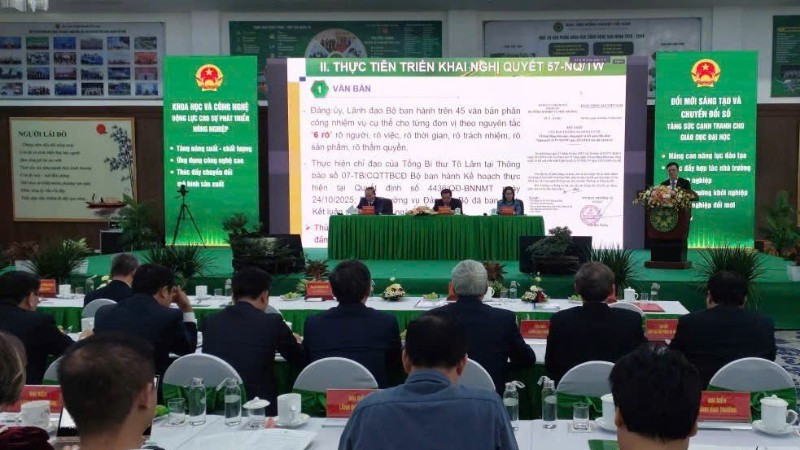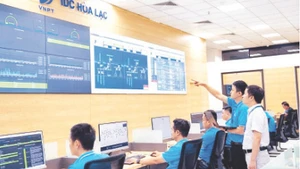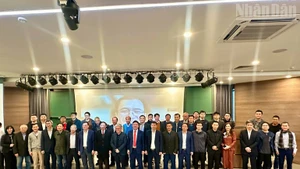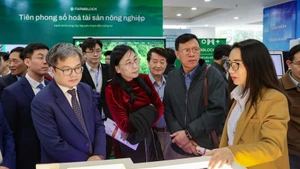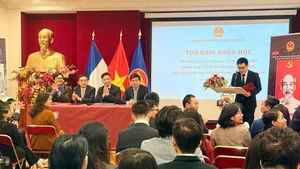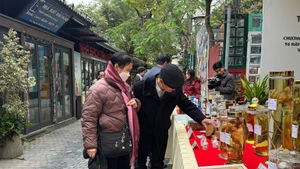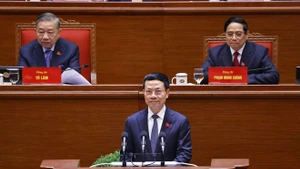The event, organised by the Ministry of Agriculture and Environment, was chaired by Minister Tran Duc Thang, who underscored the pivotal role of innovation in boosting productivity and sustainability.
According to the Ministry’s Department of Science and Technology, the 2021–2025 period has recorded markedly stronger outcomes compared with 2016–2020. The sector has recognised 225 new plant, livestock, aquaculture and forestry varieties; approved 150 technical advances; and granted 158 patents, intellectual-property rights and technical guidelines.
A total of 72 scientific dossiers have supported policy-making and state management, while 31 new devices and materials have been successfully developed.
Scientific output has expanded significantly, with 3,665 international publications—up 49%—and 6,540 domestic articles, a rise of 34%. Training activities have produced 415 Master’s graduates and 212 PhDs. More than 1,000 technology-based agricultural production models have been rolled out nationwide, alongside the publication of 193 national technical regulations and 1,864 national standards.
Scientific and technological advances have been transferred widely to farmers and enterprises, reducing input costs and increasing profits. High-tech cultivation, husbandry and aquaculture models have boosted economic efficiency by 10–30%, reshaped farming practices and strengthened the sector’s competitiveness.
The ministry’s scientific achievements have been recognised with one Ho Chi Minh Award, three State Awards and numerous national innovation prizes.
However, challenges remain. Many assigned research tasks lack allocated funding while tight planning deadlines have left institutions struggling to prepare adequate project documentation. Newly effective laws and regulations on science, technology and innovation also require additional time for full implementation.
Long-term human-resource planning is still limited, while investment in strategic technologies remains modest. The scientific workforce in agriculture and environment is both insufficient and under-skilled, with low commercialisation rates and limited linkage between training institutions and real-world needs.
Concluding the conference, Minister Tran Duc Thang called for closer integration of research, training and production, urging institutions to ensure that scientific findings are translated into market-ready products that enhance the sector’s competitiveness.
